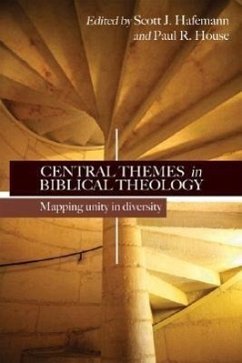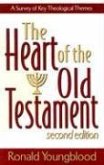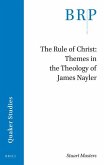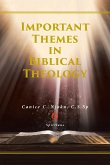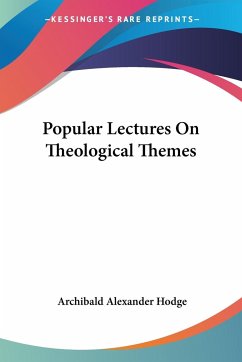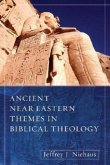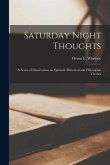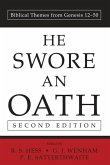Building on the gains of the historical-critical project and sensitized by its postmodern critique, scholars are now more willing to talk about the Bible, both Old and New Testaments, as a book from and for communities of believers. Against this backdrop, editors Scott Hafemann and Paul House bring together a team of scholars willing to work together on "whole Bible biblical theology." Fully aware of historical-critical matters of diversity, they nonetheless trace the Bible's unified teaching on key themes across the biblical canon. They define biblical theology as "that approach to Scripture which attempts to see biblical material holistically and to describe this wholeness or synthesis in biblical categories." Biblical theology investigates the themes presented in Scripture, seeking to demonstrate the essential unity and coherence of the Old and New Testaments across the great diversity of their contents. Fully committed to such an understanding of biblical theology, this volume's contributors focus on selected central themes and their use and reuse by the biblical writers, their integration into the whole fabric of the Bible, and their development across the canon. These stimulating essays map significant aspects of God's self-revelation to human beings through the literary record in its historical context. Contributors include: Scott J. Hafemann on the covenant relationship Thomas R. Schreiner on the commands of God Frank S. Thielman on the atonement Stephen G. Dempster on the servant of the Lord Paul R. House on the day of the Lord Elmer A. Martens on the people of God Roy E. Ciampa on the history of redemption
Hinweis: Dieser Artikel kann nur an eine deutsche Lieferadresse ausgeliefert werden.
Hinweis: Dieser Artikel kann nur an eine deutsche Lieferadresse ausgeliefert werden.

